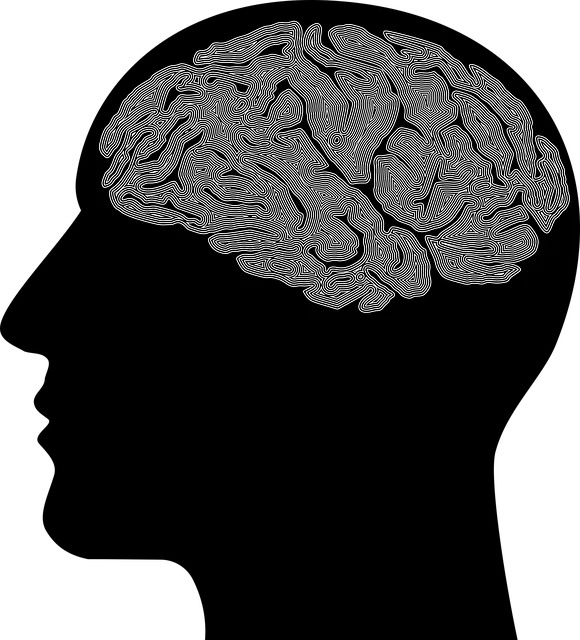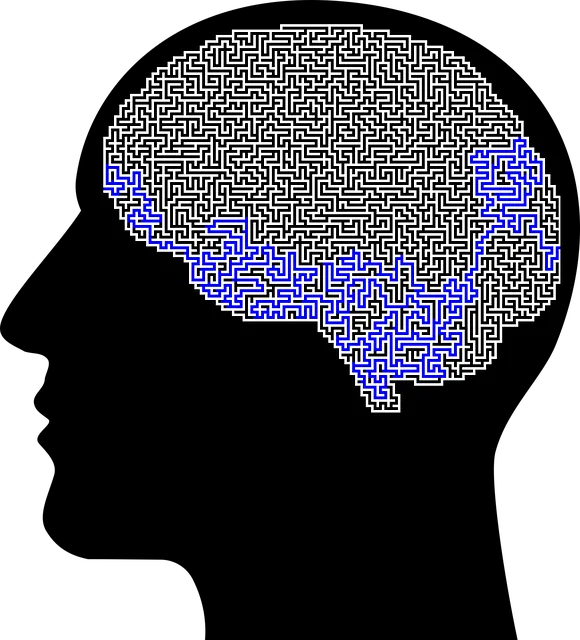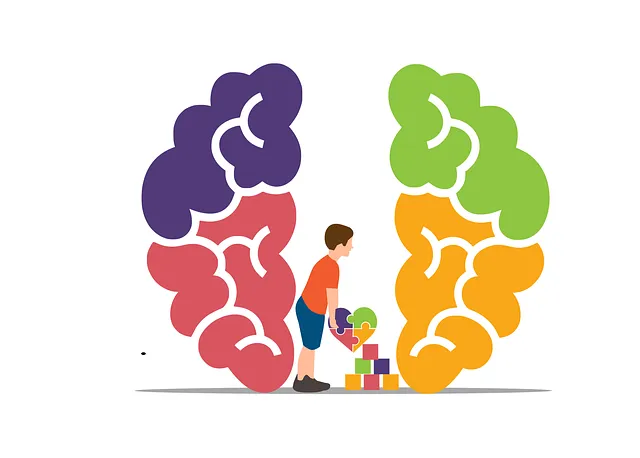Kaiser Permanente's Centennial mental health facility prioritizes community outreach as a core strategy for holistic care, addressing growing interdependencies between physical and mental health. Through tailored programs, workshops, and media initiatives like the Mental Wellness Podcast Series, they empower individuals, promote self-care, and foster emotional intelligence across diverse demographics. By integrating partnerships, culturally sensitive practices, and technology, they reach underserved populations and continuously refine their initiatives through feedback and evaluation, ultimately improving mental health outcomes and building resilient communities.
Community outreach programs play a vital role in enhancing mental healthcare accessibility, especially at facilities like Kaiser Permanente Centennial. This article explores strategies for implementing successful initiatives, focusing on the unique needs of the local community. We delve into how Kaiser Permanente’s approach to community outreach in mental health care can be a game-changer, fostering long-term engagement and improving overall well-being. By examining program design, implementation, and measurement, we aim to inspire sustainable change.
- Understanding the Need for Community Outreach in Mental Health Care at Kaiser Permanente Centennial
- Strategies for Effective Program Design and Implementation
- Measuring Impact and Sustaining Long-term Engagement with Local Communities
Understanding the Need for Community Outreach in Mental Health Care at Kaiser Permanente Centennial

In the heart of Kaiser Permanente’s Centennial mental health facility lies a deep understanding of the unique challenges facing communities today. With a growing recognition of the interplay between physical and mental health, community outreach has become an integral part of comprehensive care. At Kaiser Permanente Centennial, this approach is not just a strategy; it’s a commitment to empowering individuals and fostering collective well-being.
The need for such initiatives is evident, especially when considering the impact of stress, anxiety, and mental health disparities on diverse communities. Through community outreach programs, Kaiser Permanente aims to bridge these gaps by promoting self-care practices and emotional intelligence. By engaging with local groups, they facilitate conversations around mental wellness, ensuring that resources are accessible and tailored to meet the unique needs of different demographics. This proactive approach not only enhances individual recovery but also contributes to building resilient communities.
Strategies for Effective Program Design and Implementation

When designing and implementing community outreach programs at a Kaiser Permanente mental health facility like Centennial, it’s crucial to adopt strategies that foster inclusivity and accessibility. One effective approach is tailoring programs to address specific needs identified through comprehensive risk assessments for mental health professionals. This ensures interventions are not only relevant but also beneficial for diverse communities. For instance, integrating positive thinking workshops alongside production of a Mental Wellness Podcast Series can cater to both individual and collective mental wellness goals.
Program effectiveness can be enhanced by leveraging local partnerships, incorporating culturally sensitive practices, and utilizing technology to reach underserved populations. Regular feedback mechanisms and continuous evaluation are vital for refining these initiatives. By adopting such strategies, Kaiser Permanente’s outreach programs can create a supportive environment, promote community engagement, and ultimately improve mental health outcomes for all participants.
Measuring Impact and Sustaining Long-term Engagement with Local Communities

Measuring the impact of community outreach programs is vital for understanding their effectiveness and fostering long-term engagement with local communities, especially in initiatives like those offered at Kaiser Permanente mental health facility in Centennial. By implementing various evaluation strategies, such as pre and post-program surveys, focus groups, and data analysis on patient records, the mental health facility can assess changes in community members’ mental wellness and self-esteem improvement. This data-driven approach allows for continuous refinement of outreach strategies to better meet the unique needs of the local population.
Moreover, sustaining long-term engagement requires building strong partnerships with community leaders and organizations. The mental health facility can achieve this through regular communication channels, collaborative planning, and co-creation of programs that address identified gaps in mental healthcare access. Equipping healthcare providers with cultural competency training further strengthens these efforts by fostering understanding and empathy, ensuring that services remain culturally responsive and inclusive over time.
Community outreach programs play a pivotal role in enhancing mental healthcare accessibility at Kaiser Permanente’s Centennial facility. By employing strategic design and implementation methods, these initiatives ensure that services meet the unique needs of local communities. Measuring their impact is crucial for sustaining long-term engagement and fostering robust partnerships. Through tailored approaches and continuous evaluation, Kaiser Permanente Centennial can effectively address mental health disparities, improve community well-being, and solidify its position as a trusted healthcare provider in the region.






